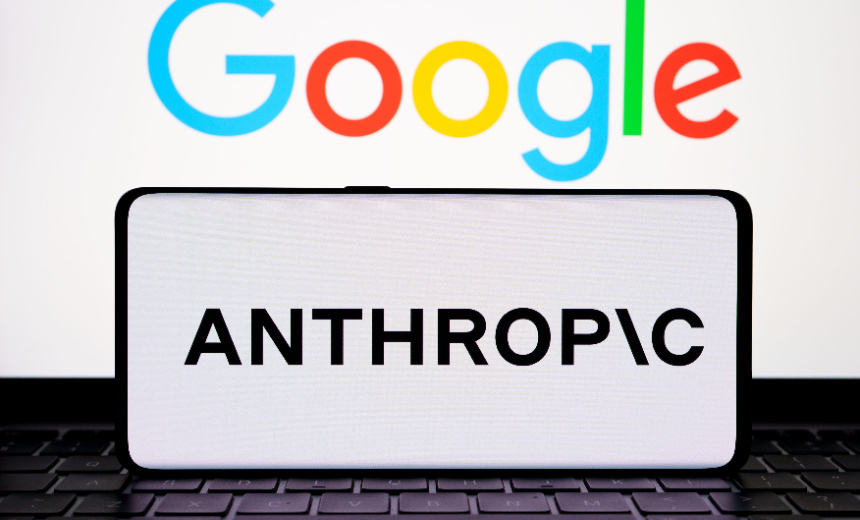Artificial Intelligence & Machine Learning
,
Next-Generation Technologies & Secure Development
Google Does Not Have Material Influence Over Antrhtopic, Agency Says

The U.K. antitrust regulator called off an investigation into a $2 billion partnership between computing giant Alphabet and artificial intelligence startup Anthropic.
See Also: Live Webinar | Recon 2.0: AI-Driven OSINT in the Hands of Cybercriminals
The U.K. Competition and Markets Authority in October launched an inquiry after the Google parent company and Anthropic entered a partnership allowing Alphabet to acquire non-voting rights in the Anthropic. The deal will also bring together the foundation model capabilities of the two companies. Google will provide computing capacity to the Anthropic, as well as use the startup’s foundational models to power Google’s machine learning platform Vertex AI.
The CMA’s probe sought to understand if the deal forms a “relevant merger situation.”
The markets authority examined if Google’s acquisition of shares could allow the search engine to exert “material influence” on Anthropic’s strategic decision-making abilities. The CMA also probed if the deal meet the annual income threshold limitation of 70 million pounds, and that the combined market shares of the two companies does not exceed a 25% cap.
Based on its analysis of Google’s shares in Anthropic, its funding and computing capabilities, the CMA concluded the partnership does not result in unfair competition practices.
“The CMA does not believe that Google has acquired material influence over Anthropic as a result of the partnership,” the agency said.
Both Google and Anthropic did not immediately respond to requests for comments.
The decision comes after it warned that the market for foundational models in generative artificial intelligence is taking on “winner takes all” dynamics (see: UK Markets Authority Warns of AI Market Capture by Big Tech).
In September, the U.K. CMA cleared a $4 billion deal between Amazon and Anthropic. It is continuing to assess if Microsoft’s $13 billion investments in the generative AI model maker OpenAI is anti-competition behavior (see: UK Market Regulator Reviews Microsoft’s Interest in OpenAI).
